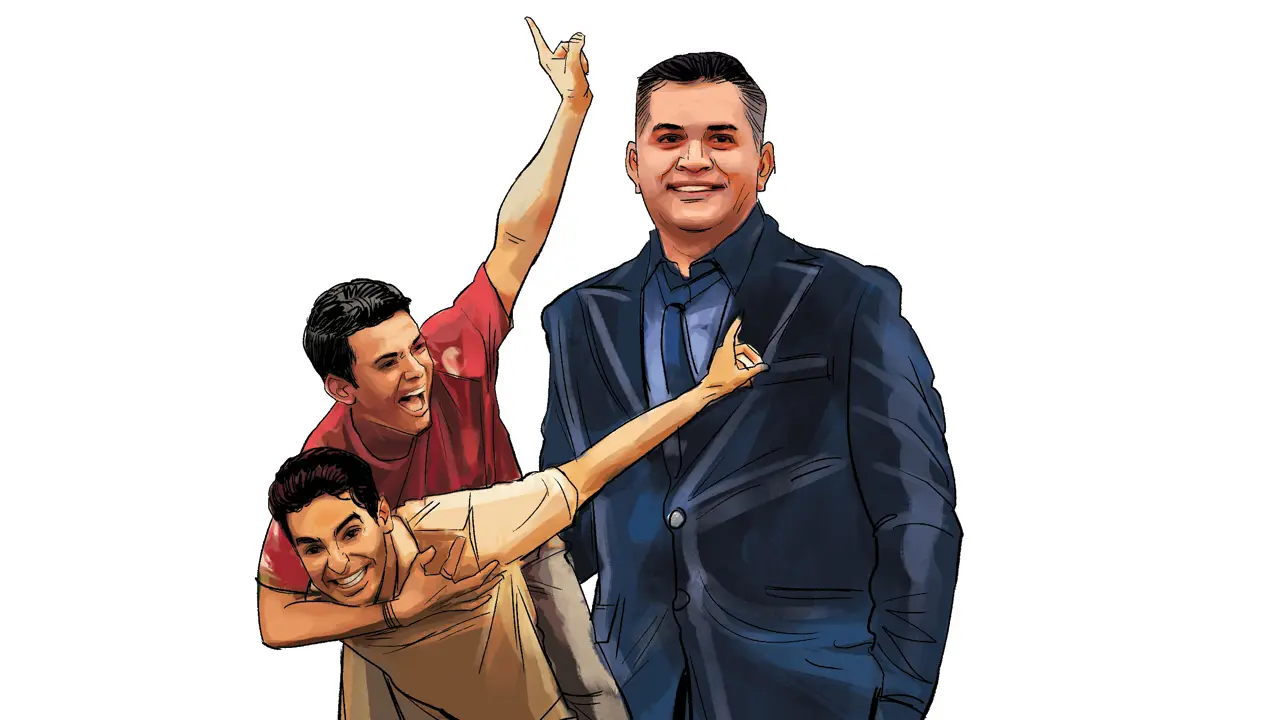[ad_1]
The general mood is upbeat at this year’s World Economic Forum (WEF), though day one at Davos coincided with a flurry of executive orders by US President Donald Trump immediately after he took oath.
As several sessions at WEF are on climate change and global collaboration on artificial intelligence (AI) and sustainability, President Trump’s executive orders – which include the US’s withdrawal from the Paris Climate Accord and all UN-led climate change agreements, the promise to increase oil production, and the repeal of the Biden-era AI policies – have made the upcoming sessions as well as the side chatter even more interesting.
Also read | Steel, PVC, Trump tariffs, and China: How India can tackle the dumping crisis
This year, the Indian government has perhaps its biggest contingent ever at Davos. Ashwini Vaishnaw, union minister of information and broadcasting, railways and electronics, and information technology, and fellow union ministers C R Patil, K Ram Mohan Naidu and Chirag Paswan are leading the charge.
Chief ministers N Chandrababu Naidu of Andhra Pradesh and Devendra Fadnavis of Maharashtra are also meeting investors from around the world. Karnataka’s deputy chief minister D K Shivakumar and ministers from several other states are also expected to attend.
Like every year, the Confederate of Indian Industry (CII) is at the forefront of representing Indian industry and positioning the country as an attractive investment destination.
Day one saw N Chandrababu Naidu share his vision for ‘Swaran Andhra by 2047’ and his plan to turn the state into a green-energy hub. His keynote address was followed by a panel discussion on making India globally competitive by encouraging green industrialisation and manufacturing ecosystem. Sajjan Jindal, MD, JSW, Anil Chalamalasetty, MD, Greenko Group, and Hans-Olav Raen, CEO of Yara Clean Ammonia, were the main speakers calling out the opportunity and challenges.
Also read: Five artificial intelligence trends to track in 2025
For most global leaders, the Davos Promenade is different this year. Emerging economies are showing up in a bigger way, with India and Saudi Arabia taking up prime real estate along this iconic stretch.
IT services and product companies continue to make a splash, but nearly every company and CEO is talking about AI, especially agentic AI, and how it can add value to businesses and customers. Other major topics of conversation include Trump’s tariffs and crypto regulations, which is no longer a side conversation.
Rajiv Memani, chairman and CEO of EY India, writes exclusively for Mint from Davos.
Also read: India’s farm sector grapples with falling yields to climate change
[ad_2]
Source link





